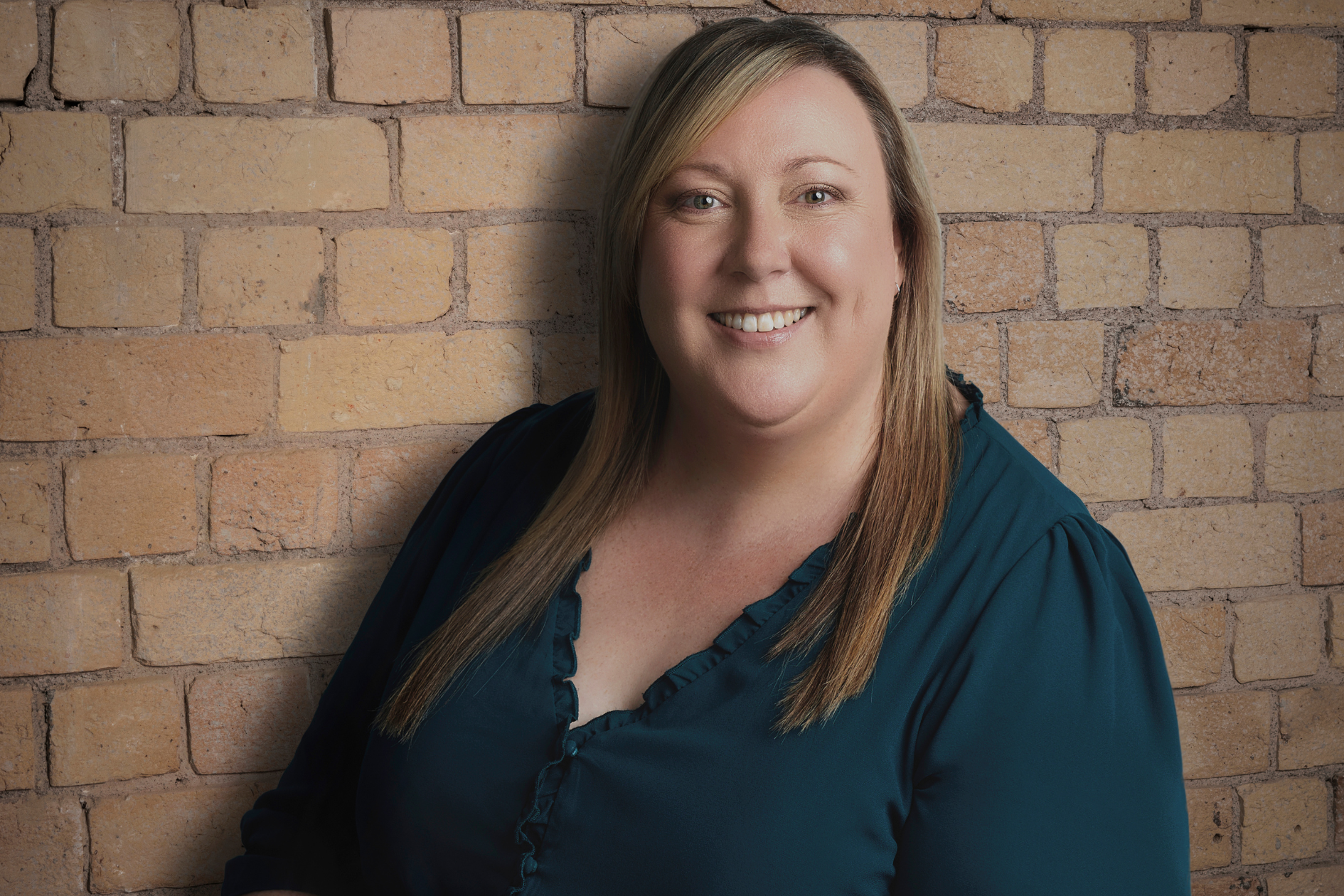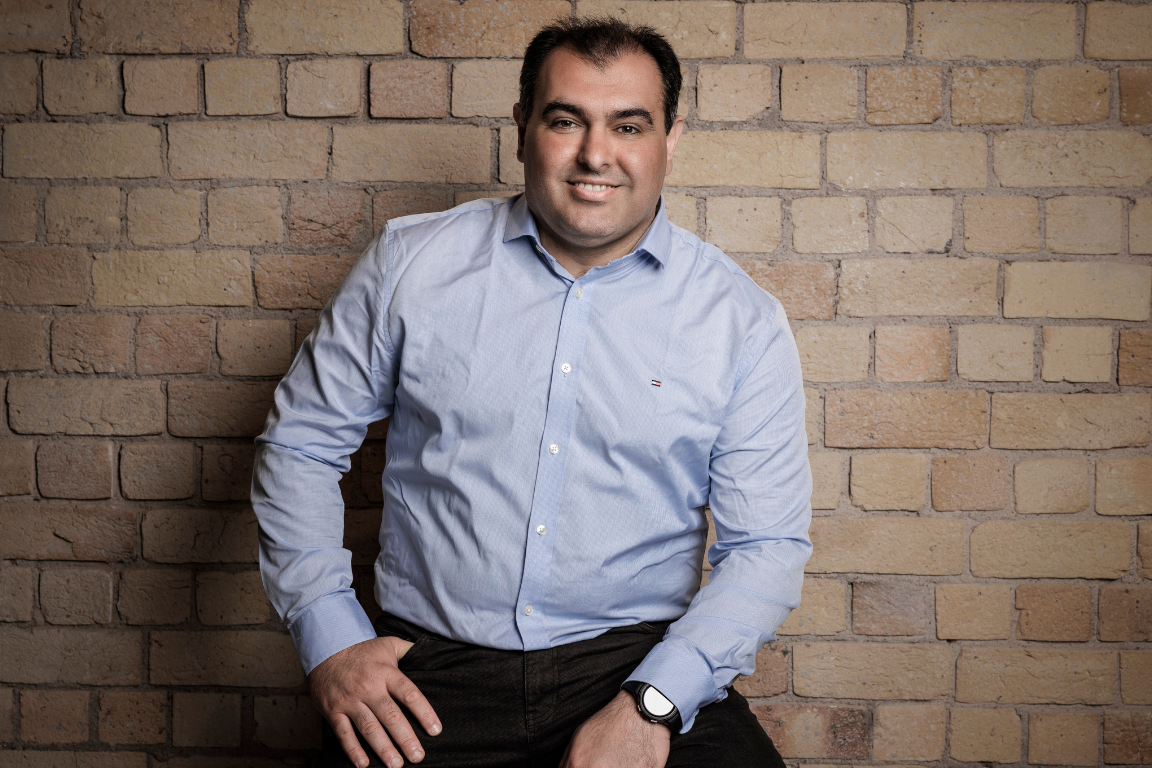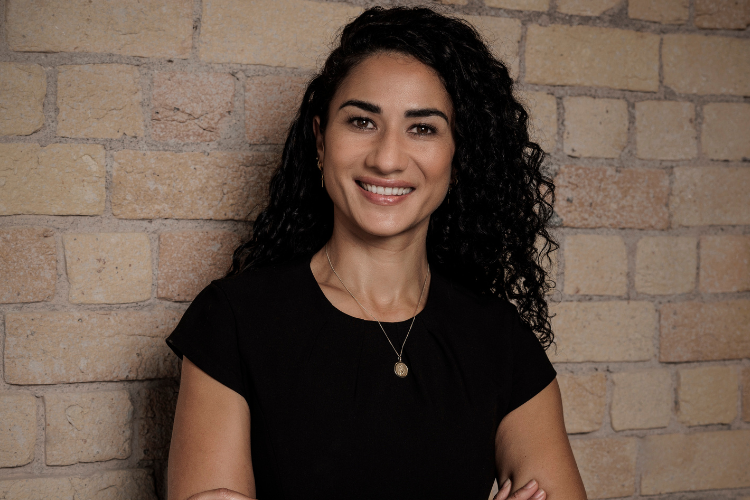Georgia Periam and Matt Bishop recently hosted a webinar for an ACE NZ audience, sharing the Brevity experience in implementing a four day week.
The title of the webinar was ‘They said it couldn’t be done in Professional Services’, and 12 weeks into the programme Matt and Georgia outline how they have achieved success in introducing a four day week along with some of the key learning points.
Firstly, what is the four day work week?
Well, it can look different for each organisation. Brevity joined the 4DWW Global pilot led by Andrew Barnes and Charlotte Lockhart in June this year. Working a four day week is about being more productive at work so employees can spend more time on other parts of their lives. The model for the 4DWW is
- employee’s salaries remain at 100%
- the time they spend at work is reduced to 80%
- the productivity of the organisation remains at 100%.
Therefore a key to success in the programme is achieving an increase in employee productivity. In fact, the productivity contract forms an essential part of the approach. It says “If you meet team and individual productivity goals, the company will gift the 5th day of the week for you to use to look after yourself”.
Matt explains that he was keen to give the programme a try, he saw it as another tool in his management toolkit – he did not expect the revolutionary approach to creating a team based incentive that eventuated.
“Essentially you have an incentive that is meaningful for everyone – who doesn’t want a gift day each week? But to achieve this, the team must meet their productivity goals, it becomes a true team based goal. It aligns the team in their approach in a way that nothing else has.”
How does this work in a consultancy?
As an organisation, Brevity has been experimenting with future work environments for a long time. The changes that have been implemented have in turn provided a good platform for the 4DWW.
Four pillars supporting the 4DWW at Brevity are:
- Diversity
- agile/scrum project management systems
- value pricing
- digital transformation.
Each of these have played a major part in enabling a 4DWW to work in the consultancy environment.
Diversity is important for many reasons, but a key one is how it has influenced Brevity’s remuneration strategy. To avoid pay gaps, the remuneration scheme does not reward individual performance but instead is based on current position only. The remuneration for each position is adjusted annually to match the latest salary guidelines in a very clear and transparent process.
As a consultancy Brevity uses value based pricing. Therefore, as productivity increases, the organisation is still able to provide the same value to clients. By not being tied to a price by the hour, introducing the 4DWW did not result in a full day of lost billable hours.
Brevity’s digital transformation also enabled the organisation to continually find efficiencies. There have been some amazing productivity gains achieved by simple things like automating project administration tasks.
Brevity is also running an agile scrum management system which means productivity is not measured on billable hours but on tasks completed in a sprint. This approach favours execution and productivity over hour counting, meaning we are always looking for more efficient ways to complete tasks.
Finding Productivity Gains
The 4DWW generated productivity discussions throughout the organisation. It motivated each employee to consider how they could become more productive in ways that contributed to the overall productivity of the organisation. It helped integrate the engineers and support teams more closely as they each considered how their actions impacted the productivity of those around them.
The team contributed ideas to improve productivity, and continue to do so. The productivity focus has become an ongoing commitment to continually improve work processes and approaches.
While some ideas have worked for some but not all individuals, there have been so many ideas to choose from, each employee has found the ones that have worked best for them. However, there were three ideas which have proven to be particularly useful.
Construction Monitoring Records
Construction Monitoring records previously were sent when the engineer returned to the office, and took 30-60 minutes to complete. A new reporting system has streamlined the reports and can be done on a phone or laptop. This allows engineers to complete the record faster and send it before leaving the site. It’s a win/win as the client gets immediate feedback and can implement any changes immediately. It also saves 5-10 hours per week.
Focus Hours
Brevity now starts the day with a dedicated hour of focussed work. During this time notifications are turned off, emails are shut down and the environment is quiet. Research has shown one hour of focussed work is equivalent to three hours of normal work. The team really values this hour of uninterrupted time, and utilise it daily. If during the day an individual wants more focussed time, they sit a mini Prenguin hat on their computer and it’s a signal that they are working and shouldn’t be interrupted.
Google Calendar Appointments
This simple and free Google product allows the team to create appointment slots where they are available for meetings – short 30 minute meetings or longer construction monitoring scheduling. It is currently used internally and saves time on email tag trying to figure out when people are free.
Measuring Productivity
The gift day is never guaranteed, it needs to be earned. Each week targets such as revenue and tasks completed must be met. To help with this, a Power BI dashboard is used to show how the team is tracking against its goals.
Ten out of Ten
The productivity improvements have been paying dividends. So far, for every eligible week since the pilot began, the gift day has been given. The team are also required to use one of their gift days for charitable purposes, to pay it forward, with time donated to charities, local schools, churches and communities. The gifted day has also allowed people to spend time on professional development, spend more time with friends and whanau, and sometimes just take a well deserved break to feel mentally and physically refreshed.
Following the webinar, there were plenty of questions from the audience. If you have a question for us, or if you’d like to learn more, please feel free to reach out to Matt Bishop matt.bishop@teambrevity.com or Georgia Periam georgia.periam@teambrevity.com. You can also view the webinar here.
BREVITY PEOPLE: REBECCA BREWER
Starting at Brevity in a Business Development Coordinator role, Rebecca’s skills have quickly enabled her to grow her…
BREVITY PEOPLE: SIAMAK MOSAFERI
Siamak Mosaferi grew up along the Persian Gulf of Iran and as a result, loves anything to do with the ocean. Arriving…
BREVITY PEOPLE: MEET BERNADINE PHILLIPS
Bernadine’s enthusiasm for her work and the loyalty and trust she has developed amongst those she works with have made…


